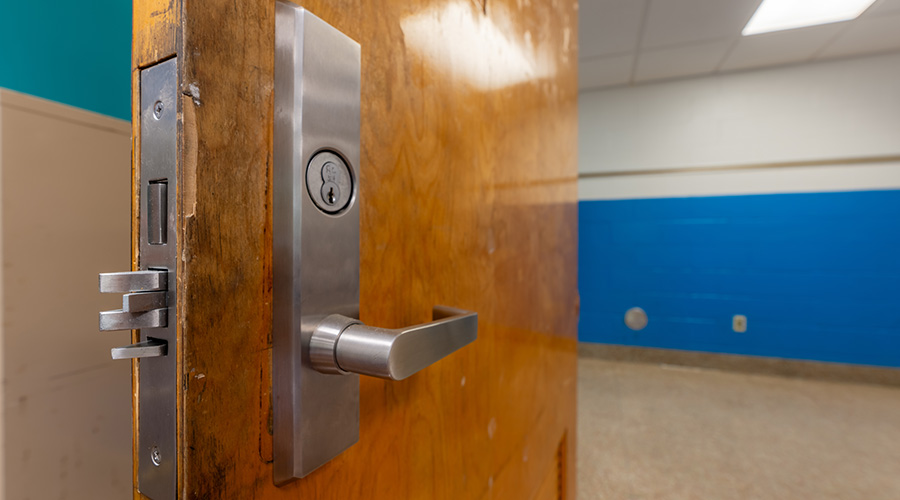One Audit You’ll Like
 Have you ever considered an operational audit to evaluate and assess the effectiveness of the maintenance department? If not, now might be the time. Audit results focus on identifying improvements and developing an improvement plan so vital to successful maintenance management today.
Have you ever considered an operational audit to evaluate and assess the effectiveness of the maintenance department? If not, now might be the time. Audit results focus on identifying improvements and developing an improvement plan so vital to successful maintenance management today.
Working Definition
A maintenance audit involves assessing and evaluating the maintenance process to gauge the present method of managing workload and the work force, to identify improvements to the method, and to develop an improvement plan with specific projects, responsibilities and a time line to realize the potential.
Questions a manager must consider in developing an audit include these: Why evaluate the maintenance department? Where should the process start? How good is our maintenance work management? Are there hidden resources we are not using effectively? What improvements are best for our maintenance management program? What questions should each audit ask? How do we evaluate audit results? How will we calculate potential savings from productivity improvement? Does our computer hardware and software support the maintenance process?
Historically, while organizations have not performed maintenance audits annually, they did financial audits regularly. But not auditing maintenance operations is shortsighted.
Typically, an operational audit of the maintenance department was done because upper management perceived maintenance was harming operations: Equipment problems interfered with scheduled activity, interrupted customer service or drove up costs.
In other cases, managers viewed the need for an audit from the work-measurement perspective: Was overall productivity low, indicating cost-reduction potential? What was labor use and performance?
Consider All Views
Whatever the perspective, effectively selling the need for an audit took into consideration all views because support from all major groups in an organization was essential for success. The support and active participation of all organizational functions ensured not only gaining approval to perform the audit but also getting the best information available from all sources.
As equipment costs have increased over the years, reliability has become even more important. Audits can identify more applications for predictive maintenance, and by making small improvements in preventive maintenance routes to include vibration, infrared or oil analysis checks, future problems were predicted and minor repairs were increasingly performed before failure occurred.
A winning combination for many maintenance success stories has coordinated regular audits, formal planning, a CMMS that integrates capability with responsible preventive and predictive maintenance, and effective performance management.
Thomas A. Westerkamp is CEO of Productivity Network Innovations.
Related Topics:








 Have you ever considered an operational audit to evaluate and assess the effectiveness of the maintenance department? If not, now might be the time. Audit results focus on identifying improvements and developing an improvement plan so vital to successful maintenance management today.
Have you ever considered an operational audit to evaluate and assess the effectiveness of the maintenance department? If not, now might be the time. Audit results focus on identifying improvements and developing an improvement plan so vital to successful maintenance management today.



